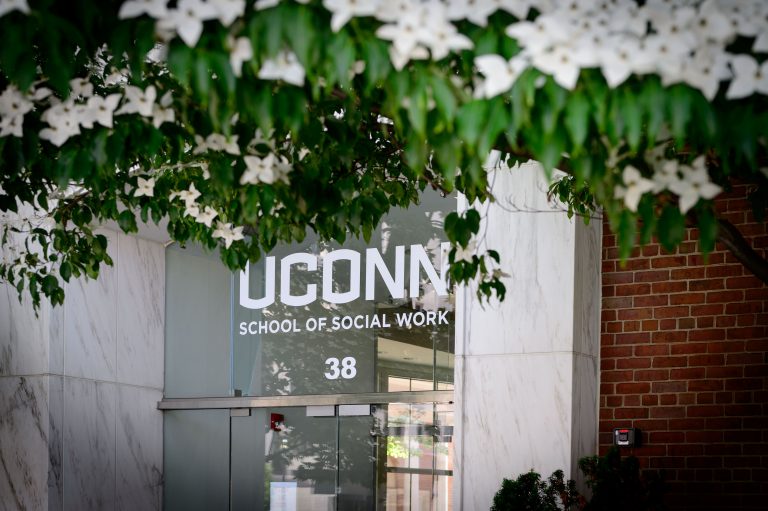Our History & Focus
The program was originally founded in 2005 by Professor Richard Wilson, director of UConn’s Gladstein Family Human Rights Institute, and Professor Richard Brown, a former director of the UConn’s Humanities Institute. The original name was Foundations of Humanitarianism Research and Teaching Program.
Its first research initiative involved tracing the intellectual, social, and cultural origins of the ethos of humanitarianism—the ideology and sensibility that has generated and sustained assertions of human rights for at least the past two centuries. This research project led to the international conference “Humanitarianism and Narratives of Inflicted Suffering” (Fall 2006) and to the publication of Wilson and Brown’s edited volume Humanitarianism and Suffering: The Mobilization of Empathy (Cambridge University Press, 2009).
Since then, under the direction of Professor Alexis Dudden (History), Professor Kerry Bystrom (English), Professor Eleni Coundouriotis (English), and now Professors Sarah Winter (English) and Sara Silverstein (History and Human Rights), the program has broadened its early emphasis on the historical construction of humanitarianism to explore issues in contemporary human rights, humanitarian law, and humanitarian intervention. It further works to assess the future of humanitarianism in relation to rival paradigms that articulate the connections and responsibilities that individuals, states, and transnational groups have to other human beings and the shared world in which they live. Specific threads of research include:
- Shifting meanings of humanitarianism and responsibility in the era of the Responsibility to Protect doctrine
- History of human right campaigns
- Gender in humanitarian and human rights reportage
- Role of mass media and alternative forms of new media in shaping human rights and humanitarian advocacy work
- Politics of refugee crises and refugee camps







